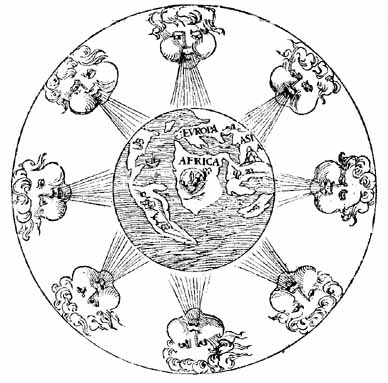Postdoc, CNRS, Paris, "Circulation of Science & Technology in Early Modern China" - Deadline: Dec. 15, 2010
One-year post-doctoral position at Centre National de la Recherche Scientifique
(UMR 8173, Paris)
To begin no later than 1 November 2011 in conjunction with the research project
"Individual itineraries and the circulation of scientific and technical
knowledge in early modern China (16th-20th centuries)" funded by the Agence
Nationale de la Recherche (# ANR-2009-SSOC-04 ).
• Candidates should hold a doctorate in the history of science, Chinese history
or related fields obtained no more than two years before the position begins. To
be eligible, they must not have been affiliated to UMR 8173 for their PhD.
• Research proposals should be relevant to the general theme of the project (see
outline below).
• Preference will be given to candidates who have some knowledge of French.
Applications may however be submitted in English or French.
• The position is devoted to research, with no teaching. It is ranked at the
"Contrat post-doctoral" level in the French system; net monthly income: €1500.
Candidates are requested to submit:
- a curriculum vitae (including list of publications),
- a research proposal on a topic related to the project (750 words maximum), and
- the names and addresses (preferably including email) of two referees (who have
already been contacted by the applicant to assure their willingness to submit
letters by 10 January should they be requested to do so by the selection
committee).
Applications should be sent by e-mail to:
Catherine Jami no later than 15 December 2010.
*************************
Individual itineraries and the circulation of scientific and technical knowledge
in early modern China (16th-20th centuries)
This project proposes a new approach to the history of science, technology and
medicine in China from the sixteenth to the twentieth century - to assess the
impact of individuals' geographic mobility on the circulation of technical
knowledge.
This issue is peculiarly relevant for the last centuries of the empire: the
bureaucratic system dictated a specific mode of mobility of the elites. A
sequence of examinations led candidates from their district of origin to the
provincial capital, and from there on to Beijing. Selected for their mastery of
the Classics, the metropolitan graduates were assigned to positions in the
provinces, changing location regularly during their career. But the ways in
which individual itineraries shaped the circulation of knowledge need to be
studied not only for civil servants, but also for various other
socio-professional groups, such as the scholars privately employed by high
officials, craftsmen, medical doctors, Buddhist monks, and emperors themselves.
To these groups should be added the actors of the globalisation of knowledge
during this period; these include Christian missionaries who were the first
mediators between China and Europe from the seventeenth century onwards, French
colonial doctors, and the Chinese students who returned from abroad during the
last decades of the empire. Thus in order to integrate China into a global
history of science, we propose to apply to the study of contacts between China
and the rest of the world the same approach that we propose to apply within the
empire, where different local cultures met.
Two tasks will be carried out. On the one hand, the question will be tackled
through a number of case studies, chosen to exploit the expertise of the members
of the project. This will allow us to derive significant results, as a great
variety of places, social milieus, periods, and actors will thus be investigated
and compared. Knowledge and practice relevant to fields such as architecture,
sericulture, medicine, natural history and statistics will be analysed, in ways
that set the conditions of travel of technical knowledge within the broader
context of the ways in which expertise such as classical scholarship circulated
amongst the elite. In parallel with this effort, a database will be compiled
using the sources relevant to our case studies. This database will be coupled
with a Geographic Information System (GIS) in order to develop a digital tool
for the cartography of knowledge. Once this database and GIS are online, further
data can be fed into them, and the utility of the system can continue to be
developed beyond the lifetime of the project. Thus, by applying a question
inspired by a peculiar feature of imperial China in a global perspective, this
project will open a new field of research, and make available to researchers a
tool that will help them to locate scientific and technical knowledge within
societies.

